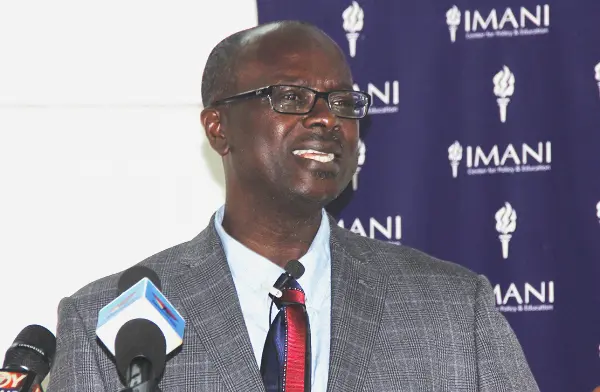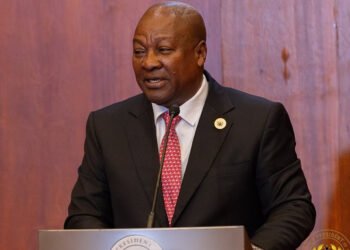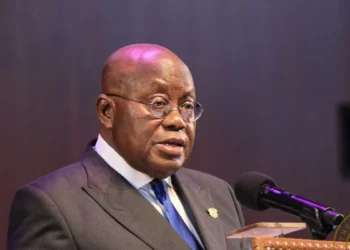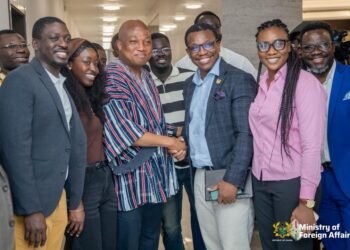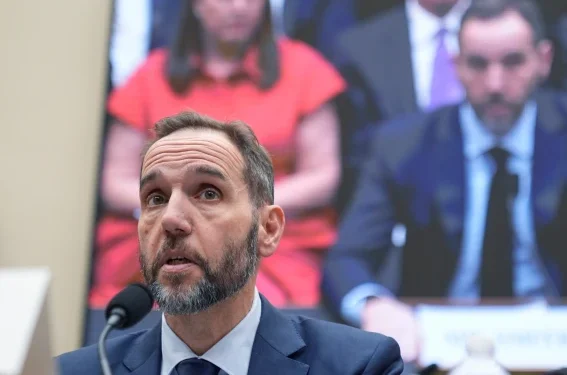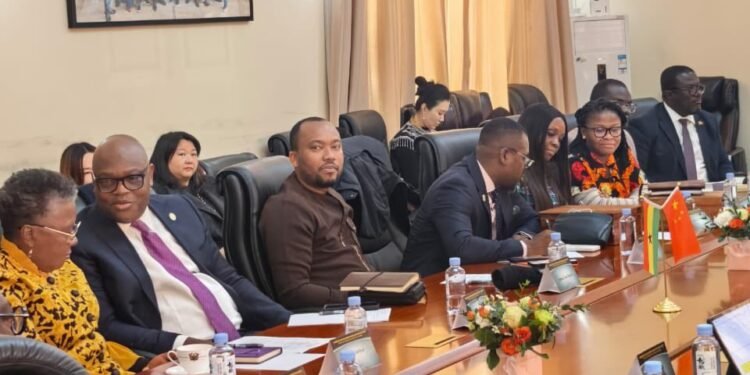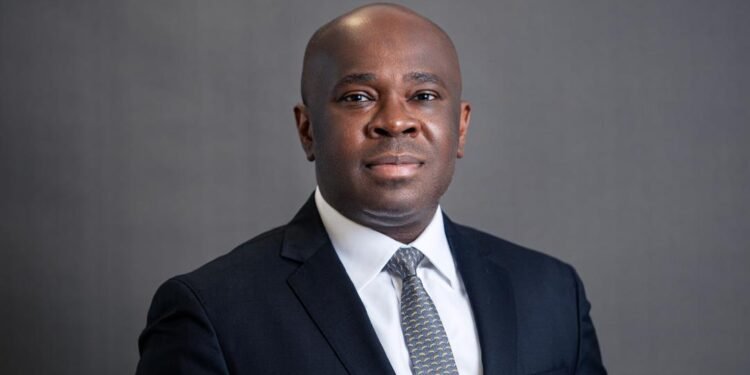Private legal practitioner, Professor Stephen Kwaku Asare, has urged the Ghana Tertiary Education Commission (GTEC) to exercise caution in its handling of the dispute involving the Vice-Chancellor of the University of Cape Coast (UCC), Professor Johnson Nyarko Boampong.
In a write-up titled “GTEC Must Tread Cautiously in the UCC Saga”, Prof. Asare argued that the Commission’s directive for Professor Boampong to proceed on retirement, despite a pending case before the Cape Coast High Court, amounted to overreach.
“Here is where GTEC must tread cautiously. Yes, Article 199(1) fixes retirement at 60. But Article 199(4) provides exceptions, permitting post-retirement engagements of up to two years at a time, not exceeding five years, if service demands require it”
Professor Stephen Kwaku Asare, Private Legal Practitioner
GTEC had, in a letter dated September 19, 2025, ordered Professor Boampong to vacate his position on the basis of Article 199(1) of the 1992 Constitution, which makes retirement at 60 compulsory for public officers unless otherwise provided.
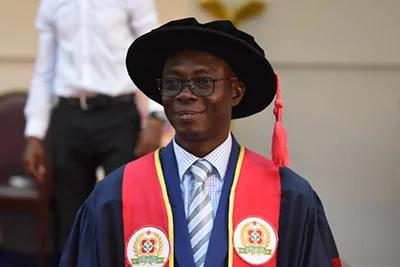
The Commission further argued that the Office of the Vice-Chancellor, created under Section 7(1) of the University of Cape Coast Act, 1992 (PNDCL 278), falls squarely under this constitutional provision.
The letter added that the UCC Statutes of 2016 limit the Vice-Chancellor’s tenure to four years, renewable for another three, provided the retirement age is not exceeded.
In line with this, GTEC instructed that the Pro-Vice Chancellor, Professor Denis Worlanyo Aheto, act as Vice-Chancellor under its powers in section 7 of the Education Regulatory Bodies Act (Act 1023).
However, the Commission also acknowledged that the matter was before the Cape Coast High Court and directed the Governing Council to suspend the appointment of a substantive Vice-Chancellor until the final ruling is delivered.
Waiting for the Courts
Prof. Asare stressed that at this juncture it is the duty of the courts to decide whether the Vice-Chancellor’s renewal qualifies under those exceptions, not regulators.

“The court has said: ‘let the VC stay until we decide.’ GTEC is now saying: ‘leave now, we’ve decided.’ Regulators cannot overrule judges. The wiser course for GTEC is to hold its horses and allow the High Court to finish its work”
Professor Stephen Kwaku Asare, Private Legal Practitioner
The controversy over his tenure dates back to the renewal of Professor Boampong’s mandate in 2023, which extended his tenure beyond his 60th birthday in September 2025.
An alumnus challenged the renewal in court, prompting the Cape Coast High Court to first place an injunction on the Vice-Chancellor before reversing its position and granting a stay of execution. The ruling allowed him to remain in office until the substantive case is determined.
The developments have sparked tension within the university. The University Teachers Association of Ghana (UTAG) opposed attempts by the UCC Governing Council Chairman to remove the Vice-Chancellor, describing the action as “unlawful and unilateral.”
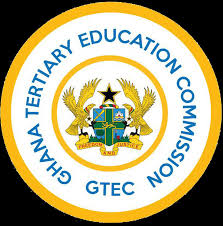
UTAG insisted that the renewal followed due process and cautioned that destabilising the leadership of the university would be detrimental to academic and administrative stability.
For Prof. Asare, the dispute is a test of constitutional order and institutional restraint. His warning highlights the risks of undermining judicial authority and sets the stage for a precedent-setting judgment on post-retirement appointments in public universities.
The outcome of the High Court case will determine not only the fate of Professor Boampong but also how future post-retirement arrangements in Ghana’s tertiary education system will be managed.

